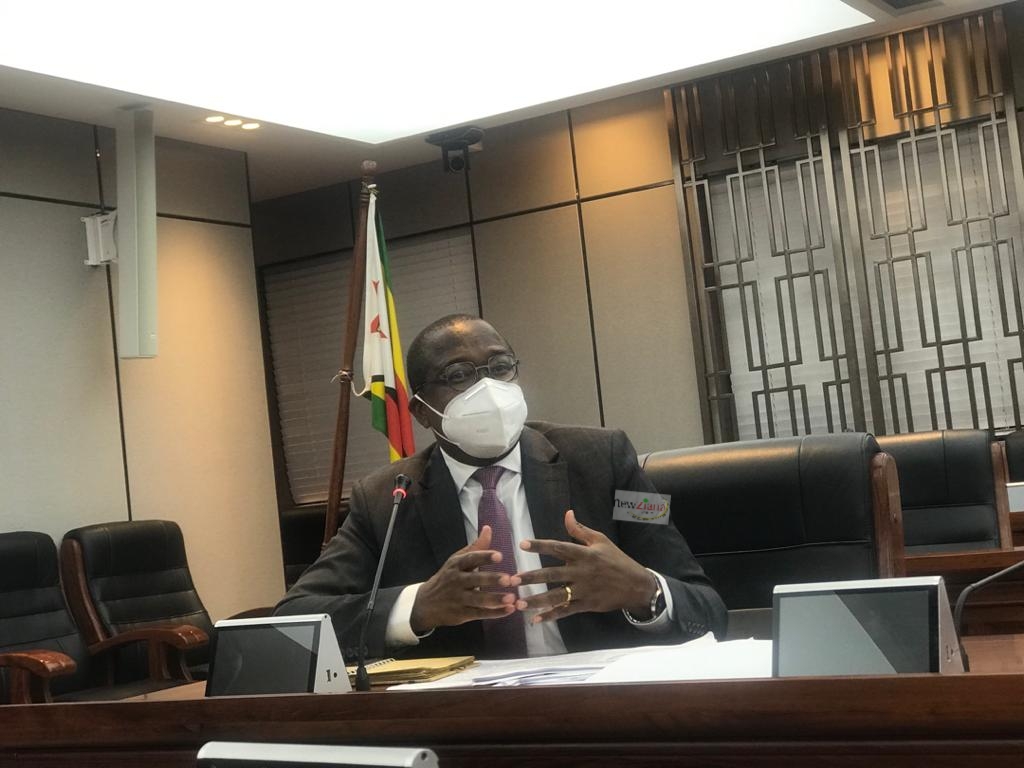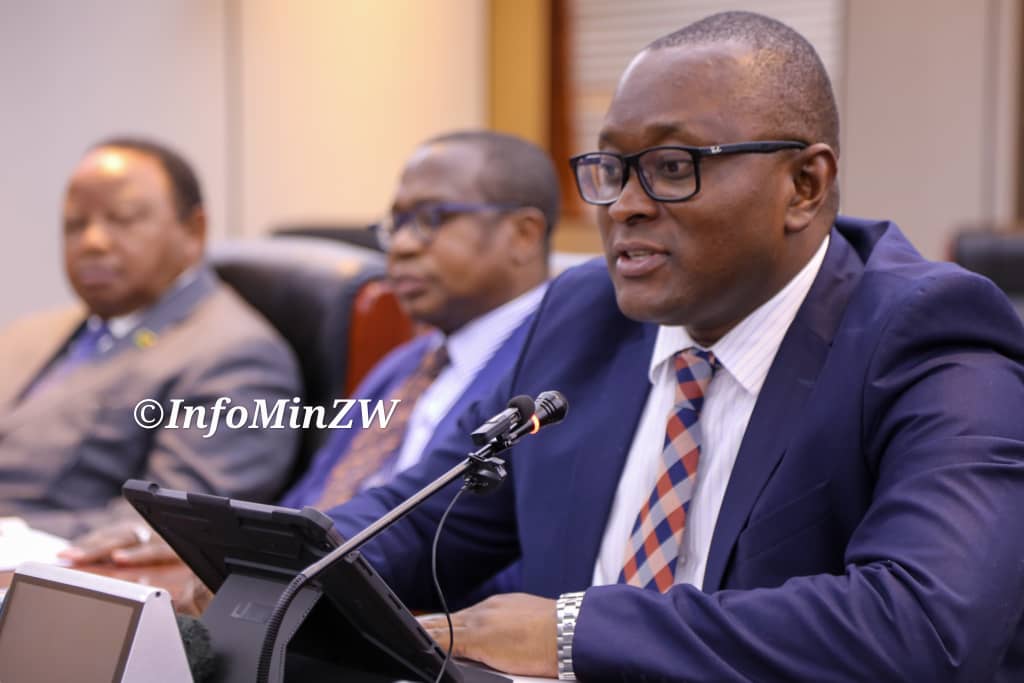Are foreigners really clogging SA’s health system?
Share

Harare (New Ziana) –The South African government does do not have figures or estimates of the number of foreigners accessing its health facilities to support claims that they are stretching its healthcare system, it has emerged.
A senior South African health official this week torched a storm when she claimed that foreigners were flocking to that country for medical attention.
Dr Phophi Ramathuba, a Member of the Executive Council (MEC) of Health for the Limpopo province, was recorded on video berating a Zimbabwean woman, asking her why she was receiving medical care in South Africa, an act that has been widely condemned as unethical and xenophobic.
In the widely circulated video, Ramathuba told the patient, in full view of other patients and hospital staff, that she should seek treatment in her home country because migrants were stretching her department’s budget, at the expense of South African citizens.
But, asked to provide figures or an estimate to substantiate claims that foreigners were overwhelming the South African health care system, the health department said it not keep statistics.
“We do not keep statistics of foreign nationals who receive health services in our facilities, because some of them are undocumented without any proof of identity,” Health department spokesperson Foster Mohale told New Ziana in emailed responses.
“We do not categorise them according to countries of origin, because this happens at various health facilities across a number of provinces.”
According to a 2019 analysis on the impact that migrants had on South Africa’s health system by Africa Check, then national health department spokesperson Popo Maja said patients were identified as foreign nationals if they were unable to produce identification or proof of residence, or could not speak English or other local languages.
But there were weaknesses to that approach, Jo Hunter-Adams, a researcher at the University of Cape Town’s Health Economics Unit, told Africa Check.
“Hospital staff would not necessarily recognise all South African languages and those who are ill may not be able to communicate.”
Asked if the department could quantify or estimate in monetary terms, the percentage of the health budget that gets consumed by undocumented migrants from Zimbabwe and other countries per annum, Mohale said such statistics were also not available.
“We do not quantify the monetary value of the service since it is free of charge at the primary healthcare level, and at higher levels of care, they do not have money to settle their bills,” he said.
While the issue of being a foreigner is raised when someone wants medical attention, the South African health department has no qualms employing foreign nationals to fill in posts in the sector.
“The country has appointed a number of health professionals in both the public and private health sector, from various countries, and we are not able to provide figures per country,” Mohale said.
Hunter-Adams further told Africa Check that there was a “national discourse” that encouraged “medical xenophobia”.
“The narrative that foreign nationals are a burden to the South African health system seems to be an example of scapegoating, where migrants are blamed for broader systemic problems with the health system.”
Zimbabwe has a number of nationals living and working in South Africa, and contributing to its economy, making it only sensible that when they fall ill while there, they would seek medical attention there.
New Ziana









